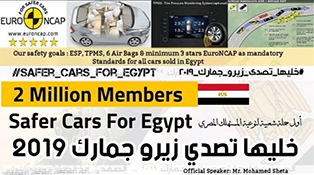FIA
Day 5 of 4th United Nations Global Road Safety Week - How FIA and United Nations team up to Save Lives - #slowdown
Therefore we at Auto Arabia teamed up with the Automobile & Touring Club of Egypt ATCE in order to raise the public and media awareness about this extremely important issue, as our part and contribution to the 4th United Nations Global Road Safety Week and to the efforts of the FIA in improving the road safety situation worldwide.
During this Global Road Safety Week we will see Auto Arabia’s editor-in-chief Mohamed Sheta cooperating closely with the Automobile & Touring Club of Egypt and its Traffic & Tourism Committee. Sheta is not only an influential automotive journalist and well-known jury-member in six internationally-renowned automotive awards with over 25 years of experience in the automotive, motorsport and media sector, but he is also an internationally-acknowledged road safety advocate speaking regularly in fluent German, Arabic, and English at regional and international automotive and road safety conferences.
Sheta will be talking daily here on autoarabia.org and on several radio and TV channels about the most challenging problems and obsta
This extensive media activity is aimed primarily at reaching millions of road users, internet users, TV viewers and radio listeners but at the same time will also reach the political decision-makers and stake-holders.
On each day of this road safety week Mohamed Sheta will tackle a different road safety topic/problem, and explain how to adapt effective solution for those road safety problems based on the current circumstances in Egypt and based on the behavior and understanding of the Egyptian road user.
During the seven days of the 4th UN Global Road Safety week Sheta will talk about the following seven topics:
- 08.05.2017: Risks of speeding for passenger car drivers
- 09.05.2017: Risks of speeding for motorcycle riders
- 10.06.2017: Risks of speeding for microbus, minibus, public transportation bus, tourism bus and taxi drivers
- 11.06.2017: Risks of speeding for Light Commercial Vehicle drivers
- 12.06.2017: Risks of speeding for Heavy Goods Vehicle drivers
- 13.05.2017: The role of the government, the private sector, the NGOs, the public & private schools, the public & private universities and the law enforcement authorities
- 14.05.2017: The importance of the use of modern technology and ITS by the law enforcement and the importance of active and passive safety features in the passenger cars, motorcycles, buses, LCVs and HGV for reducing the braking distances
So today on the 12th of May 2017, the fifth day of the 4th UN Global Road Safety week, Mohamed Sheta will be talking about the risks of speeding for drivers of big trucks, also known as Heavy Goods Vehicles (HGV):
‘As I mentioned before in many articles, unfortunately 90% of Egypt’s goods transportation is taking place on the road. Regretfully the use of trains or ships for transportation is almost non-existent, although there is a big potential for using the Nile River and the Egyptian railroad network for the transport of goods.
And while most farmers and small can use small pickups, midsize trucks and minivans, the big companies in the steel-, cement-, construction-, and many other sectors can only use the big 40-tons trucks.
But unfortunately 95% of the heavy goods vehicles sold in Egypt are imported from Europe as used trucks, which in many cases have already 500.000, 800.000 and in some cases even 1.000.000 kilometers on the clock.
The reason for that is that those trucks cost between 200.000 and 300.000 Euros when bought brand-new. And since the Egyptian law allows the import of used HGV and agriculture machines (unlike passenger cars which must be brand-new and not older than one year when imported), most of the HGV on Egyptian roads were imported as used vehicles.
And 99% of those imported trucks are usually at least 10 years old and in extremely bad condition. Those HGVs usually do not pass the roadworthiness tests in Europe and are sold with extremely low price-tags because it would be too expensive to repair them for passing the European roadworthiness tests.
And because those scrapyard-worthy trucks are much cheaper than trucks with a valid roadworthiness certificate, the careless and greedy truck importers in Egypt only import such dangerous and bad-condition trucks. They buy them for 8.000 to 15.000 Euros and then sell them in Egypt for an equivalent of 15.000 to 25.000 Euros. The profit margin for them is immense and so is the increase of fatal road crashes with HGV on Egyptian roads.
Every few weeks the Egyptian newspaper are full with horrific pictures of road crashes where those scrapyard-worthy trucks hit passenger cars from the back and smash them beneath the 40 tons of weight. In many recent crashes some of those trucks even smashed 4 or 5 cars in just one crash, with dozen of fatalities and severely injured people. This reckless situation must be stopped in Egypt.
In addition to the horrendous technical condition of those trucks we find overloading, inappropriate speed and over-exhaustion of the driver main causes for those terrible road crashes.
Of course most of those old HGV either do not have the modern active and passive safety features such as ESP, TPMS or Emergency Braking System, or they have them but they are not working because of the bad condition of the vehicle.
Needless to say there are a lot of other reasons why so many 40-tons trucks and HGVs are involved in fatal road crashes in Egypt.
For example overloading becomes a fatal mistake, especially when the HGV has worn-out brakes, worn-out suspension and worn-out tires.
And if the truck driver was not experienced enough or too lazy to secure the goods in a professional way before driving away, then this will increase the chances of a road crash even more.
Naturally those HGV have a higher center of gravity than smaller trucks and pickups, especially when loaded with over 30 or 40 tons of goods. And needless to say braking distance of those HGV becomes significantly longer when loaded with goods because of the weight increase.
Just like in the case of most commercial drivers also the HGV drivers always try to transport as many goods as quick as possible from A to B, in order to be able to make more deliveries and thus make more money. Here again we have a deadly and vicious circle.
The Egyptian government must make ABS, ESP, TPMS, airbags and the Emergency Braking System mandatory for all locally-assembled and imported HGVs in Egypt. Especially the Emergency Braking System is a must for all HGVs driving on Egyptian roads in order to avoid read-end collisions with fatal consequences.
The government must also introduce a roadworthiness test for all HGVs at least every three months.
In addition to that the government must also install electronic control devices in all HGVs in order to enforce a maximum of 8-hours working time per shift for each driver, just like it is the case in Germany.
Regular mobile police controls for overloading of HGVs should be done on all major roads in Egypt, especially on the Cairo ring road, the Nile Delta, the Sinai and Upper Egypt.
All drivers of HGVs in Egypt must pay extra attention to the roadworthiness condition of their vehicles and to avoid overloading. Otherwise their vehicles will not be able to brake effectively in critical driving situations and will be deadly weapons. Again, #slowdown and save lives especially if the road conditions are not good.’
AA
12.05.2017
Cairo
Related articles:
#SaferCarsForEgypt
 Want to sell your used car or buy one? Then check out our new used car market section
here!
Want to sell your used car or buy one? Then check out our new used car market section
here!
 Looking for a good service center or aftersales customer service? Did you have any bad experience with your car dealer or service center? Then check our 'automotive evaluation charts'
here!
Looking for a good service center or aftersales customer service? Did you have any bad experience with your car dealer or service center? Then check our 'automotive evaluation charts'
here!
Is Egyptian car market corrupt or collapsing?

Is the Egyptian car market collapsing or is it just a corrupt and unprofessional car market?
This is surely one of the most asked questions these days. Everybody is asking ...
AutoArabia Consulting
Middle East Car of the Year

Read more
Crash Test Results

Subscribe




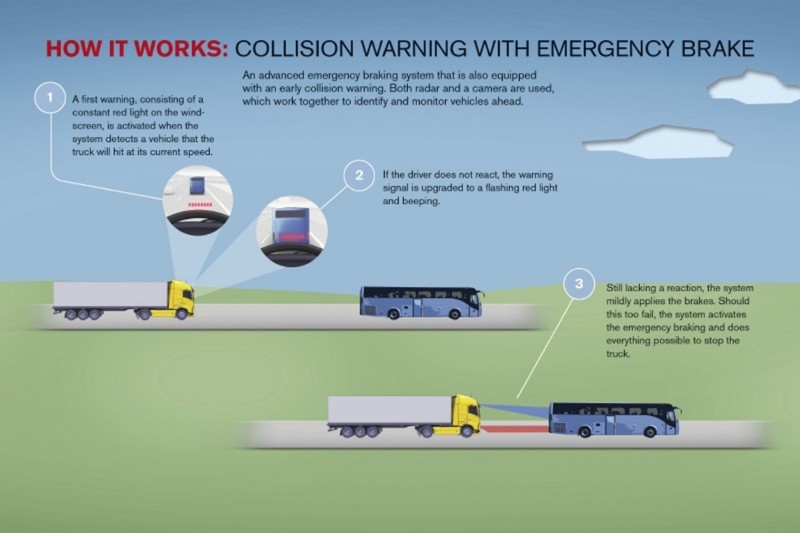

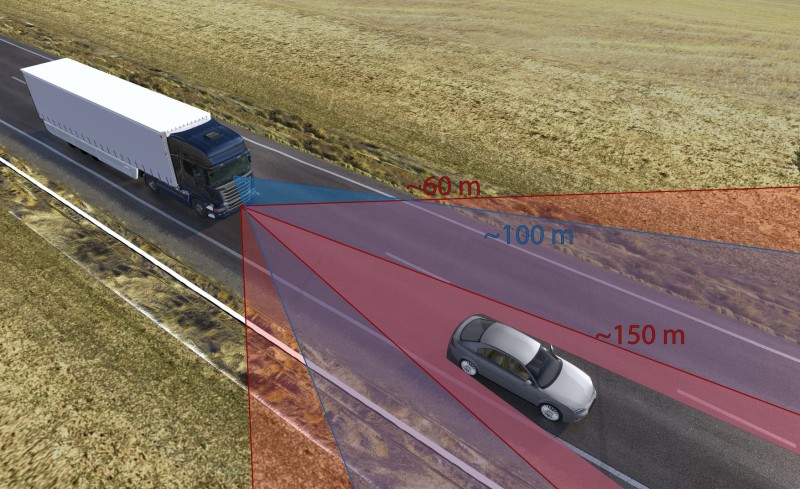
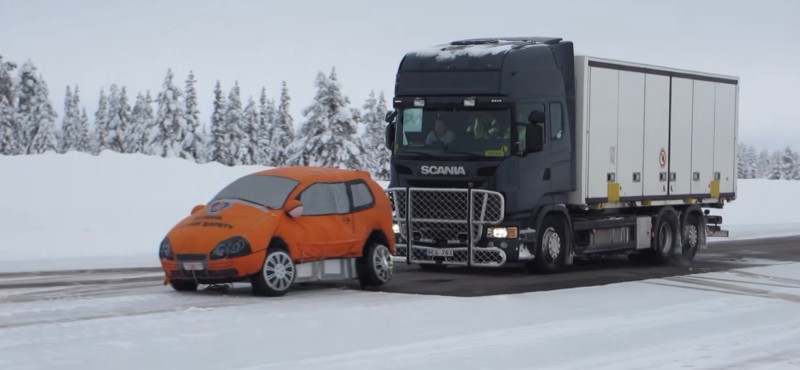
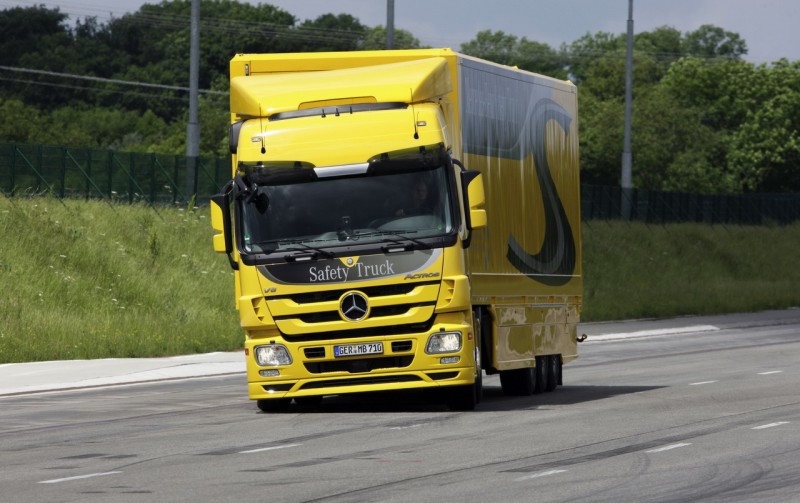
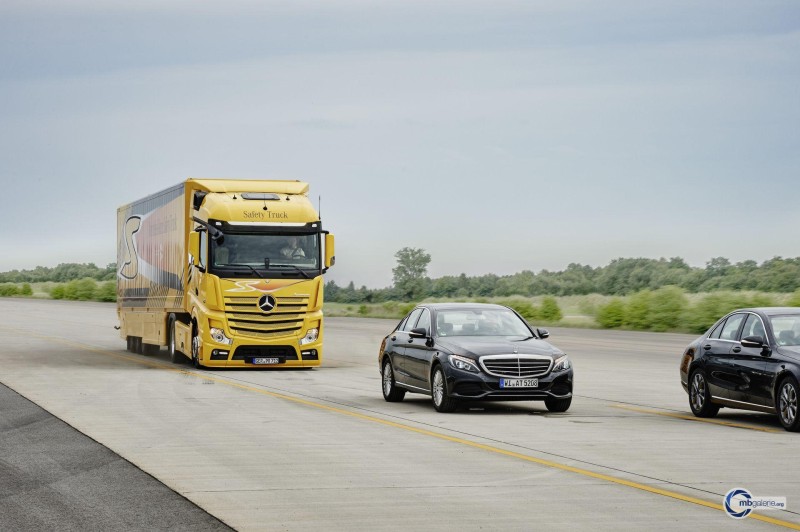
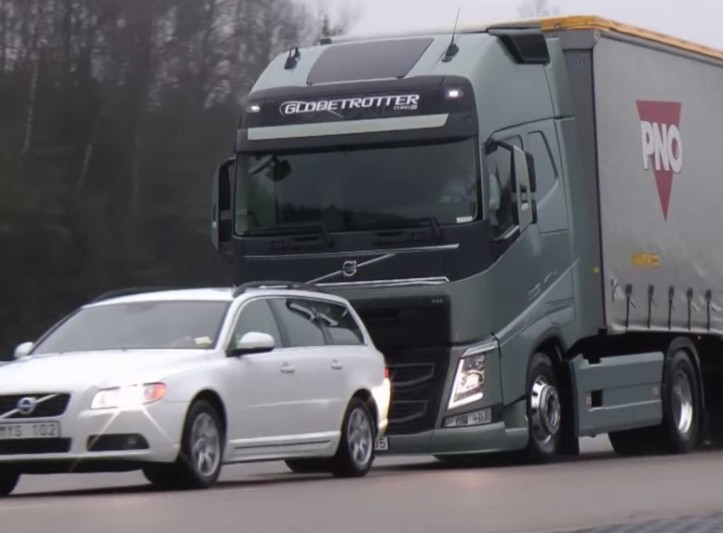
 Volvo Cars receives highest possible sustainability ...
Volvo Cars receives highest possible sustainability ... Nicolas Fuchs steers Borgward BX7 DKR to 3rd place at ...
Nicolas Fuchs steers Borgward BX7 DKR to 3rd place at ... VOLVO XC60 IS THE NEW 2018 WORLD CAR OF THE YEAR
VOLVO XC60 IS THE NEW 2018 WORLD CAR OF THE YEAR Jaguar Middle East launches F-PACE 2.0 WITH NEW 250PS ...
Jaguar Middle East launches F-PACE 2.0 WITH NEW 250PS ... Egypt-Exclusive: First Drive of Volvo XC60 – Is it ...
Egypt-Exclusive: First Drive of Volvo XC60 – Is it ... FIA OFFICIAL STATEMENT FOLLOWING THE 2017 AZERBAIJAN F1 ...
FIA OFFICIAL STATEMENT FOLLOWING THE 2017 AZERBAIJAN F1 ... Volvo Cars safety experts receive prestigious award ...
Volvo Cars safety experts receive prestigious award ... Geneva Show 2017: All-new Volvo XC60 SUV will ...
Geneva Show 2017: All-new Volvo XC60 SUV will ... Formula E 2017 season: Renault e.dams win opening race ...
Formula E 2017 season: Renault e.dams win opening race ... XC90 and 90 series help Volvo Cars report impressive ...
XC90 and 90 series help Volvo Cars report impressive ...